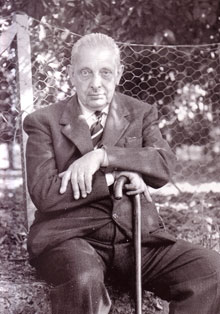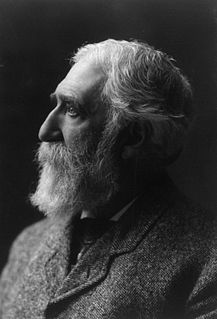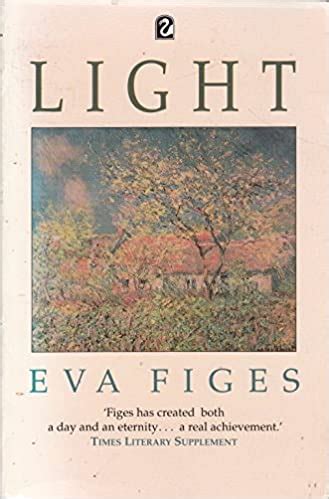A Quote by Seth Grahame-Smith
Elizabeth sheathed her sword, knelt behind him, and strangled him to death with his own large bowel.
Related Quotes
Or perhaps a widow found him and took him in: brought him an easy chair, changed his sweater every morning, shaved his face until the hair stopped growing, took him faithfully to bed with her every night, whispered sweet nothings into what was left of his ear, laughed with him over black coffee, cried with him over yellowing pictures, talked greenly about having kids of her own, began to miss him before she became sick, left him everything in her will, thought of only him as she died, always knew he was fiction but believed in him anyway.
To no man does the earth mean so much as to the soldier. When he presses himself down upon her long and powerfully, when he buries his face and his limbs deep in her from the fear of death by shell-fire, then she is his only friend, his brother, his mother; he stifles his terror and his cries in her silence and her security; she shelters him and releases him for ten seconds to live, to run, ten seconds of life; receives him again and again and often forever.
Monarchs not only fashion their age, but are fashioned by it, so that they can become a sort of personification of the age. If Elizabeth I, independent, strong, represents the age of Shakespeare's heroines, a woman's heyday, Victoria represents another image of womanhood, predominant in the nineteenth century: a woman who, although queen in her own right, leaned on her husband, looked up to him, and went into perpetual mourning after his death. The feminist movement filled her with shocked horror and outrage.
...the girl longed for a love that could not be ended by death. From the time she was young, she knew that her true love was there, somewhere, living a life that would one day intersect her own. Knowing this made every day full of sweet possibility. Knowing that her true love lived and breathed and went about his day under her same sun made her fears vanish, her sorrows small, and her hopes high. Though she did not yet know his face, the color of his eyes, still she knew him better than anyone else knew him, knew his hopes and dreams, what made him laugh and cry.
If he looked into her face, he would see those haunted, loving eyes. The hauntedness would irritate him - the love would move him to fury. How dare she love him? Hadn't she any sense at all? What was he supposed to do about that? Return it? How? What could his calloused hands produce to make her smile? What of his knowledge of the world and of life could be useful to her? What could his heavy arms and befuddled brain accomplish that would earn him his own respect, that would in turn allow him to accept her love?
He wanted her. He knew where to find her. He waited. It amused him to wait, because he knew that the waiting was unbearable to her. He knew that his absence bound her to him in a manner more complete and humiliating than his presence could enforce. He was giving her time to attempt an escape, in order to let her know her own helplessness when he chose to see her again.
Won? He’s one of them! How exactly is that winning?” Michael shook his head, moved up behind her, and put his hands on her shoulders. He kissed the nape of her neck gently. “I don’t know, Eve. I’m just telling you what I heard. He got some kind of agreement out of the vampires. And it was because Amelie loved him.” “Yeah, loved him enough to kill him and turn him into a bloodsucking fiend,” Eve said grimly. “How sweet. Romance isn’t dead. Oh, wait. It is.
Some souls think that the Holy Spirit is very far away, far, far, up above. Actually he is, we might say, the divine Person who is most closely present to the creature. He accompanies him everywhere. He penetrates him with himself. He calls him, he protects him. He makes of him his living temple. He defends him. He helps him. He guards him from all his enemies. He is closer to him than his own soul. All the good a soul accomplishes, it carries out under his inspiration, in his light, by his grace and his help.
Bedding her could be anything from tenderness to riot, but to take her when she was a bit the worse for drink was always a particular delight. Intoxicated, she took less care for him than usual; abandoned and oblivious to all but her own pleasure, she would rake him, bite him - and beg him to serve her so, as well. He loved the feeling of power in it, the tantalizing choice between joining her at once in animal lust, or of holding himself-for a time- in check, so as to drive her at his whim.



































